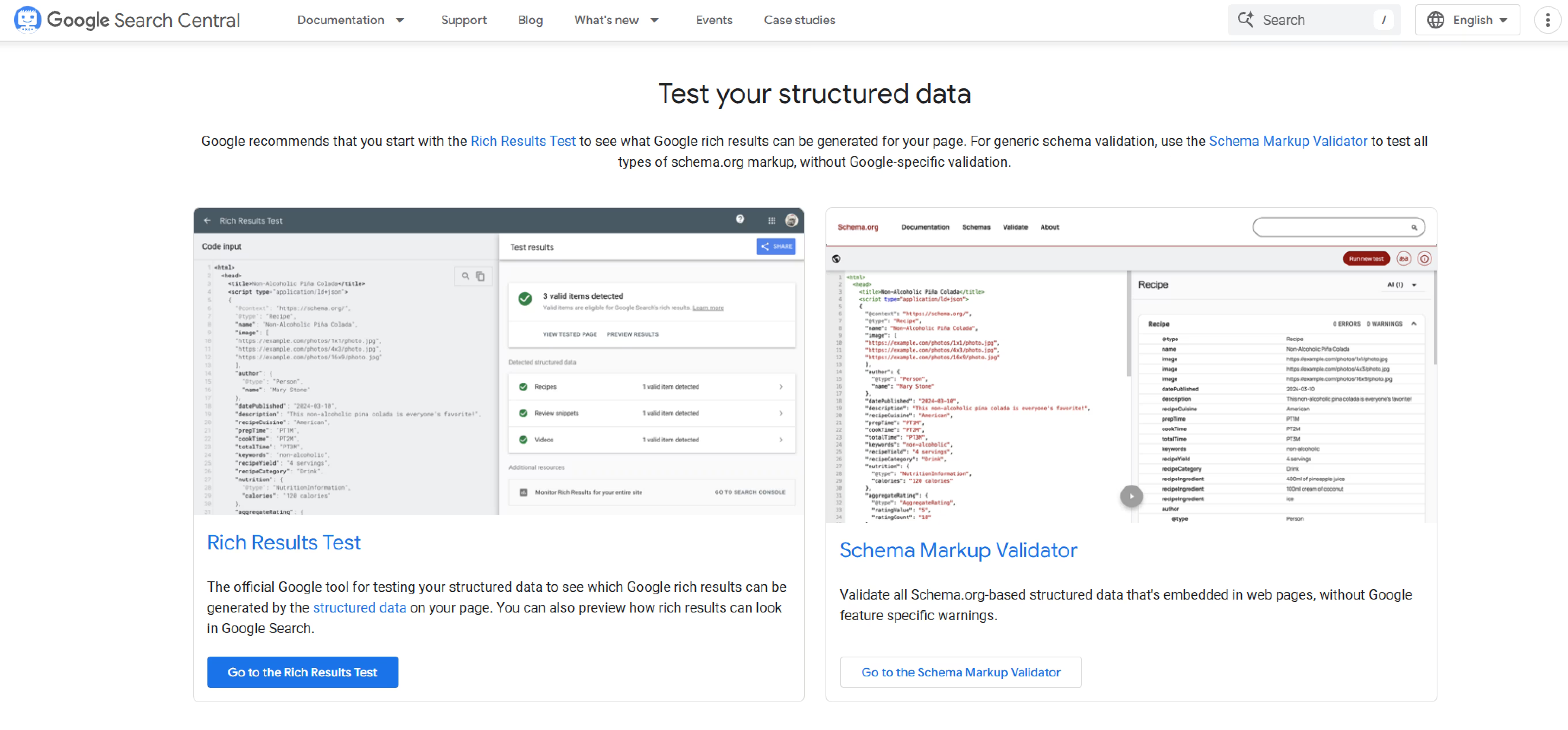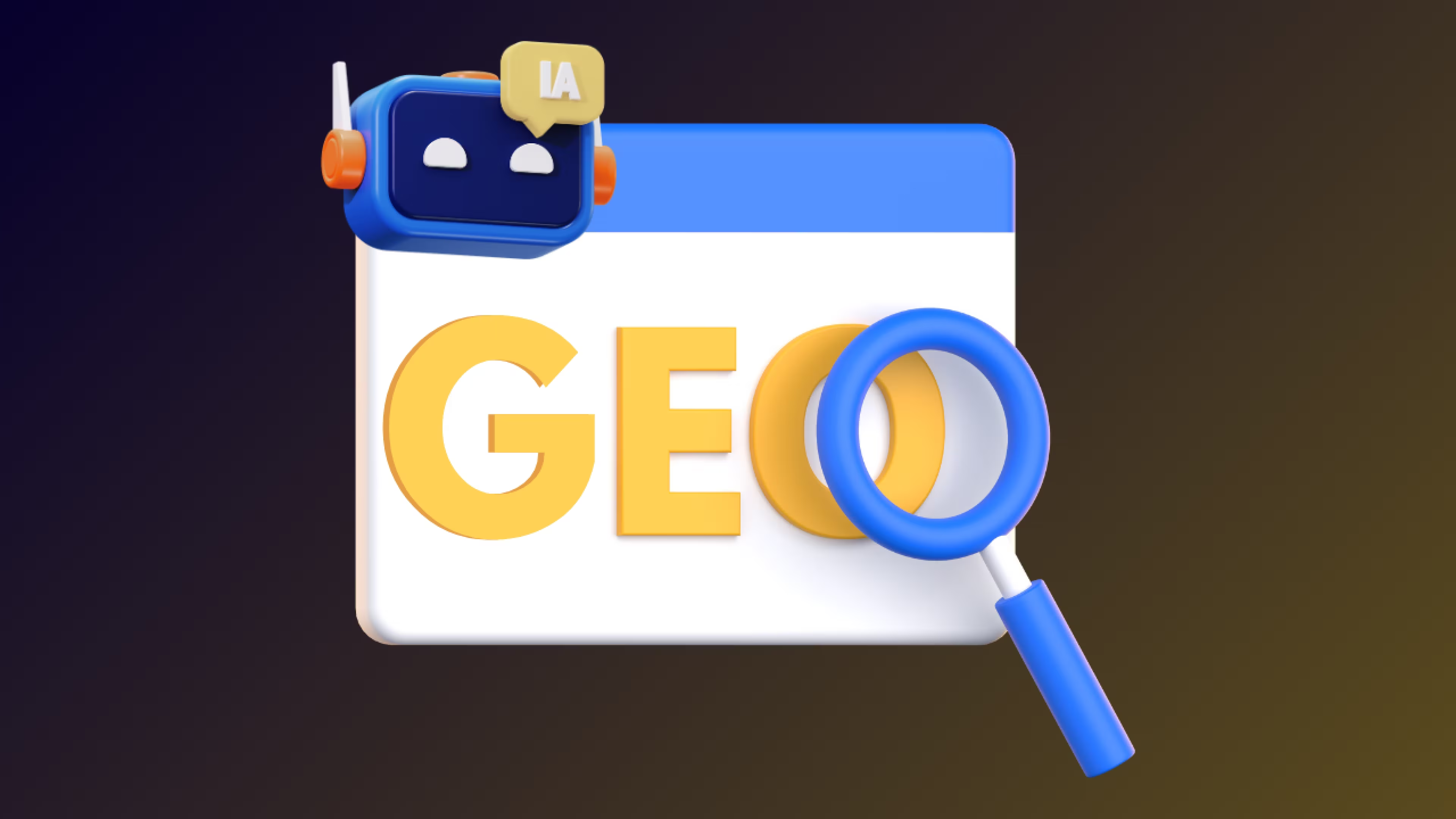Generative Engine Optimization (GEO) is the practice of optimizing content to appear in AI-generated answers from ChatGPT, Perplexity, Gemini, and other large language models. While traditional SEO gets you ranked in search results, GEO gets you cited in AI responses. With ChatGPT reaching 800 million weekly active users as of October 2025, doubling from 400 million in February, and AI adoption jumping from 14% to 29.2% in just six months, marketers who ignore GEO risk becoming invisible to a rapidly growing audience. The strategies work: content with proper schema markup shows 30-40% higher AI visibility.
GEO vs. Traditional SEO: Understanding the Shift
Why Every Marketer Needs GEO Right Now
AI search platforms now drive measurable traffic to real businesses, and the October 2025 numbers are striking:
- ChatGPT reached 800 million weekly users (October 2025)—doubling in 8 months
- AI adoption rate hit 29.2% in August 2025, up from 14% in February
- ChatGPT processes over 2 billion queries daily—that's 2,206 visits every second
- AI Overviews now appear in 20% of Google searches as of September 2025
- 47% of brands still lack a deliberate GEO strategy, creating opportunity for early adopters
The demographics matter. 43% of adults ages 18-29 have used ChatGPT, compared to only 6% of adults 65+. If these aren't your customers today, they will be tomorrow.
When someone asks ChatGPT "What's the best project management tool for a remote team?" and your product isn't in that answer, you effectively don't exist to that user.
How AI Search Actually Works (And Why It Changes Everything)
Traditional search engines show a list of relevant pages. Generative engines synthesize information from multiple sources and create conversational answers.
Research from Princeton, Georgia Tech, and The Allen Institute of AI found citation patterns:
- 32.5% of AI citations come from comparison articles
- 10% from opinion pieces and thought leadership
- 47.9% of ChatGPT's top citations reference Wikipedia entries
The correlation with traditional SEO varies by platform:
- 76.1% of URLs cited in Google AI Overviews also rank in Google's top 10
- Only 12% of ChatGPT citations match Google's top 10 results
- 80% of LLM citations don't even rank in Google's top 100
This means you can gain AI visibility even without top traditional rankings, but strong SEO fundamentals still help.
The 5 Essential GEO Strategies
1. Build on Strong SEO Fundamentals
You cannot skip traditional SEO. While most ChatGPT citations come from outside Google's top results, websites with more organic traffic get mentioned more in AI search.
Priority fixes:
- Resolve technical issues (broken links, slow page speed)
- Ensure mobile-friendly design
- Create quality content that demonstrates expertise
2. Structure Content for AI Extraction
AI models prefer content they can easily parse. Replace vague descriptions with specific, structured information.
Key formatting tactics:
- Use numbered or bulleted lists
- Keep paragraphs to 2-3 sentences maximum
- Bold key terms and statistics
- Include specific metrics over vague claims
- Add TL;DR summaries at the top of articles
Example transformation:
❌ "Our software offers numerous benefits to businesses..."
✅ Three core benefits:
- Automated task delegation - Reduces manual assignment time by 60%
- Real-time progress tracking - Eliminates status meeting requirements
- Cross-team visibility - Single dashboard for all departments
3. Build External Brand Mentions
Your own website is not your best GEO asset. AI platforms trust third-party sources more than brand-owned content.
Immediate actions:
- Get featured in industry "best of" lists and roundups
- Publish guest articles on respected industry sites
- Participate meaningfully in Reddit and Quora discussions
- Issue press releases for newsworthy developments
- Partner with complementary brands for co-marketing
4. Implement Schema Markup
Schema markup tells AI exactly what your content means. Content with proper schema shows 30-40% higher visibility in AI-generated answers.
Priority schema types:
- Organization schema - Company info, logo, contact details
- FAQ schema - Makes Q&A content extractable
- Article schema - Author, publish date, category
- Product schema - Price, availability, reviews
- HowTo schema - Step-by-step instructions
Use Google's Rich Results Test to validate your implementation.

5. Optimize for Fact Density
AI models prioritize content with:
- Specific statistics: "Reduces processing time by 47%" beats "significantly faster"
- Clear sources: "According to Harvard Business Review 2025 study..." beats "research shows..."
- Expert quotes: Named authorities carry more weight
- Dates: "Updated October 2025" signals freshness
AI platforms prefer content that is 25.7% fresher than content cited in traditional search results.
Platform-Specific Optimization
ChatGPT (77% of AI referral traffic)
800 million weekly users as of October 2025
- Include clear TL;DR summaries
- Use consistent header hierarchy
- Add named authors with credentials
- Structure content to answer multi-part questions
Perplexity (Transparent citations preferred)
22 million active users
- Format for extreme scanability
- Include comparison tables
- Create clean URL slugs (/compare-crm-tools-2025)
- Use original statistics
Google AI Overviews (Highest traditional SEO correlation)
Shown in 20% of searches as of September 2025
- Optimize for E-E-A-T standards (Experience, Expertise, Authoritativeness, Trust)
- Include author bios with credentials
- Add comprehensive schema markup
- Note: AI Overviews reduce clicks by 34.5% but increase branded CTR
Google AI Mode (Newest platform)
93% of searches end without a click (September 2025)
- Focus on brand awareness over click-through
- Ensure consistent messaging across all citations
- Monitor brand sentiment in AI responses
Measuring GEO Performance
Forget traditional rankings. Track these metrics:
1. Brand Mention Count
Manually test 10-15 relevant queries across ChatGPT, Perplexity, and Gemini monthly. Document when and how your brand appears.
2. AI Referral Traffic
Set up Google Analytics 4 to track traffic from:
- chat.openai.com (ChatGPT)
- perplexity.ai (Perplexity)
- gemini.google.com (Gemini)
Important: Google sends 345x more traffic than ChatGPT, Gemini, and Perplexity combined as of September 2025. AI traffic is growing but still small, don't ignore traditional SEO.
3. Citation Quality
When mentioned, what does AI say? Positive recommendation? Neutral mention? 26% of brands have zero mentions in AI Overviews—being mentioned at all is progress.
4. Conversion Rate
Early data suggests AI traffic converts better because users arrive with more specific intent and context.

Your 30-Day GEO Action Plan
Week 1: Audit
- Test 10 relevant queries across ChatGPT, Perplexity, Gemini
- Document where your brand appears (or doesn't)
- Set up AI referral tracking in Google Analytics
- Identify your top 5 SEO pages
Week 2: Quick Wins
- Add FAQ schema to your top 10 pages
- Restructure homepage with clear headers and bullets
- Update author bios with credentials
- Create TL;DR summaries for best blog posts
Week 3: Content Optimization
- Rewrite top 3 blog posts using GEO principles
- Create one comparison article targeting alternatives
- Build comprehensive FAQ page (15-20 questions)
Week 4: External Expansion
- Pitch one guest article to industry publication
- Participate in 5-10 relevant Reddit discussions
- Update Wikipedia entries (if applicable)
- Submit to business directories and review sites
FAQ: Generative Engine Optimization Questions
Q: Will GEO replace traditional SEO?
No. Google sends 345x more traffic than all AI platforms combined as of September 2025. Traditional search still drives 48.5% of internet traffic while AI platforms account for 0.1-0.15%—though AI adoption doubled from 14% to 29.2% in just six months. Strong SEO fundamentals directly support GEO success: 76.1% of AI Overview citations also rank in Google's top 10. Think of GEO as an additional layer, not a replacement.
Q: How long until I see GEO results?
Initial visibility can appear within 2-4 weeks, faster than traditional SEO's 3-6 month timeline. AI models update knowledge more frequently than search engines recrawl the web. However, building sustained authority takes longer—external mentions compound over time. With ChatGPT growing from 400M to 800M weekly users in eight months, the opportunity window for early adopters is now.
Q: Do I need special tools for GEO?
Not initially. Start with free tools: Google Analytics for tracking, Google Search Console for monitoring, Google's Rich Results Test for schema validation, and manual testing in ChatGPT, Perplexity, and Gemini. Specialized tools like Semrush AI SEO Toolkit or Writesonic's GEO Monitor help at scale but aren't required to begin.
Q: What content types perform best?
Comparison articles lead with 32.5% of citations, followed by opinion pieces (10%). Research shows that best-of content, product pages, and guides drive the most AI traffic. Content with specific statistics, expert quotes, and clear sources gets cited more frequently. Interestingly, 91.4% of content cited in AI Overviews is at least partially AI-generated—proving that AI-assisted content doesn't hurt rankings when it maintains quality.
Q: How much does GEO cost to implement?
Basic tactics require time investment, not budget. Content restructuring, schema markup, and FAQ creation cost zero dollars. Where budget helps: guest posts ($150-$500 each), premium schema plugins ($50-$200 annual), GEO tracking tools ($99-$500/month), PR services ($2,000-$10,000/month). With 47% of brands lacking a GEO strategy, early movers can gain advantage with minimal investment.
Q: Can local businesses benefit from GEO?
Absolutely. AI platforms frequently reference businesses for location-specific queries. When someone asks "best family dentist in Austin," AI responses include specific business names with context. Local businesses should: optimize Google Business Profile, encourage reviews, create location-specific content, and build local media mentions. The key is becoming the authoritative local source AI platforms trust.
Q: Should I optimize for all AI platforms?
Start with ChatGPT and Google AI Overviews (highest impact), then expand to Perplexity and Gemini. ChatGPT accounts for 77% of AI referral traffic and 800 million weekly users. Google AI Overviews appear in 20% of searches. Strong GEO fundamentals work across all platforms—create fact-dense, well-structured content with proper schema and you'll gain visibility everywhere.
Start Optimizing for AI Today
The October 2025 data is clear: ChatGPT doubled to 800 million weekly users in eight months. AI adoption jumped from 14% to 29.2% in six months. And 47% of brands still have no GEO strategy.
You don't need a massive budget. Strong SEO fundamentals give you a head start. Content restructuring costs nothing but time. Schema markup uses free tools.
Start with these three actions today:
- Test 5 queries your customers would ask in ChatGPT. Document whether your brand appears.
- Add FAQ schema to your highest-traffic pages using Google's Structured Data Helper.
- Restructure one blog post using GEO principles: shorter paragraphs, clear headers, bullets, cited stats, TL;DR summary.
The marketers who master Generative Engine Optimization won't be those with the biggest budgets. They'll be the ones who moved early, tested consistently, and understood that AI search needs content structured differently.
Your next customer might not find you through Google. They'll ask ChatGPT. Make sure your brand is in that answer.
Tracking GEO performance means consolidating data from multiple sources, Google Analytics for traditional metrics, manual testing across AI platforms, and monitoring brand mentions over time. Tools like Dataslayer can automate this by connecting your analytics data to Google Sheets, Looker Studio, BigQuery, or Power BI, giving you a unified view of both traditional SEO and emerging AI visibility metrics. Try it free for 15 days at dataslayer.ai.







